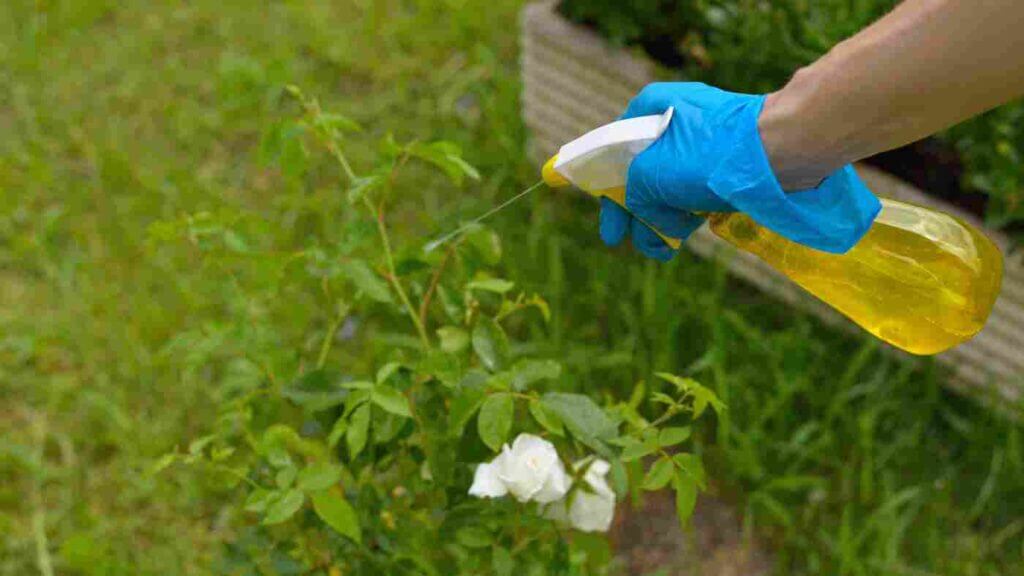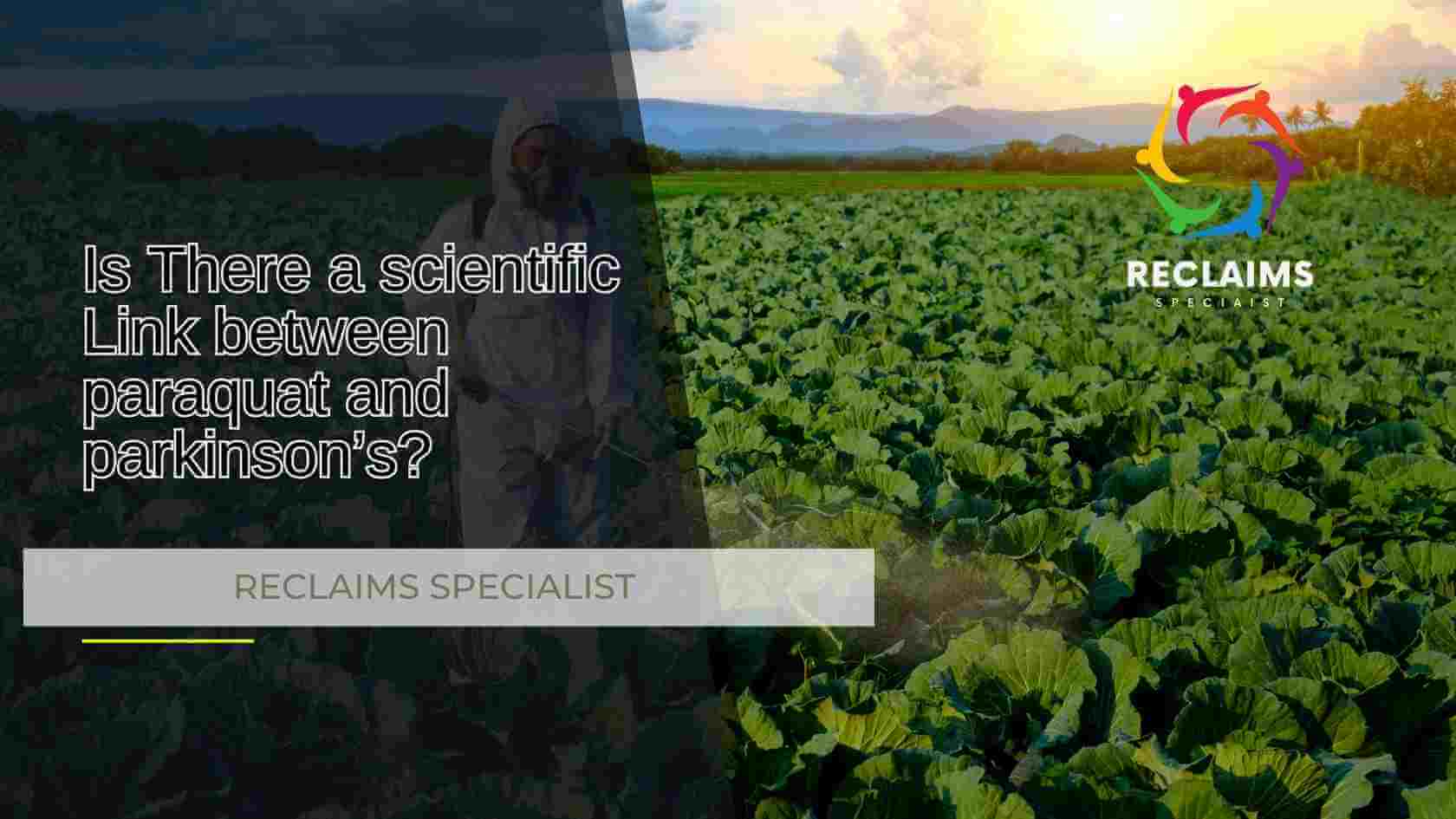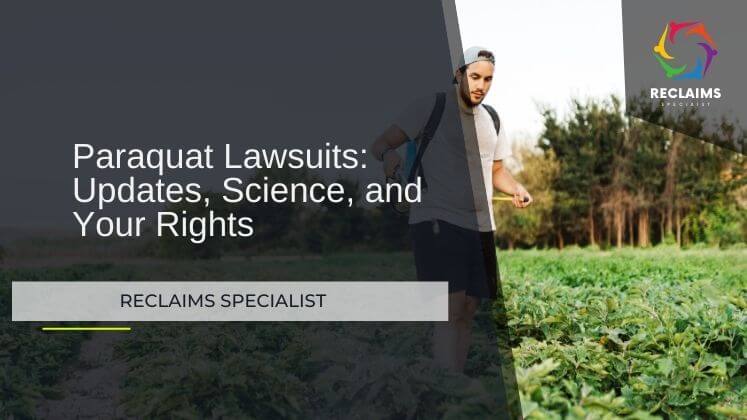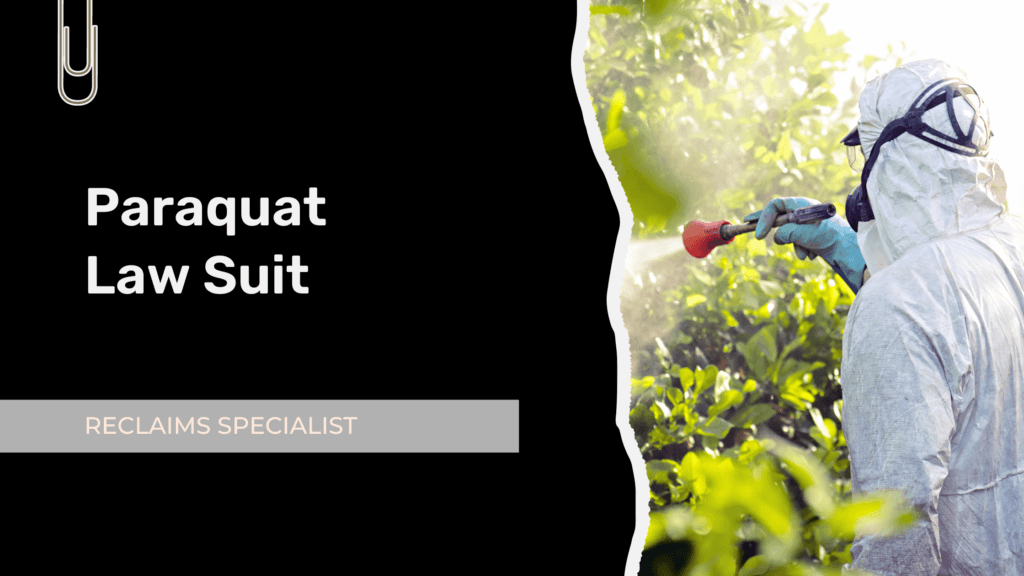Paraquat, a widely used commercial herbicide and weed killer in the United States, is sold under various brand names like Gramaxone, Parazone, and Quik-Quat. Although it is a non-selective herbicide known for its quick action, its popularity declined with the introduction of Roundup in the 1970s. However, after reports of health concerns related to Roundup, many individuals switched to Paraquat products.
In Parkinson’s research, Paraquat, along with a pesticide called Rotenone, is frequently used to induce Parkinson’s disease in animal studies, as stated by the Parkinson’s Foundation. The foundation has advocated for banning Paraquat in the United States due to strong scientific evidence linking it to Parkinson’s disease. However, in 2020, the Environmental Protection Agency (EPA) decided to reapprove Paraquat for another 15 years.
While Paraquat is banned in 32 countries worldwide, including the European Union, it remains commonly used in the United States. The only restriction is that it must be applied by a licensed applicator or under their supervision. This means individuals cannot purchase and use Paraquat themselves, but it can be used by landscaping professionals or in public spaces like parks.

Paraquat is primarily used on crops to prevent weed and invasive grass damage. Over 100 crops, including alfalfa, soybeans, corn, cotton, and vineyards, are regularly treated with Paraquat. Its use is widespread across all 50 states, particularly in the South and Midwest regions such as Illinois, Florida, Georgia, Alabama, Kentucky, and surprisingly, even in California.
The most common route of Paraquat exposure is through contact with previously applied and dried Paraquat in the environment. Farmers and their families, individuals regularly exposed to farm animals, rural residents, and those relying on well water are most likely to come into contact with Paraquat. Urban and suburban dwellers may also encounter Paraquat when visiting green spaces or national wildlife refuges where agricultural pesticides, including Paraquat, are used. To protect both wildlife and humans, the Center for Biological Diversity has called for a ban on these chemicals within the refuges.
If you develop Parkinson’s disease after exposure to Paraquat, there is a growing number of lawsuits across the United States on behalf of affected individuals. It is essential to get in touch with them so that they guide you to get your compensation amount.
Fill the following form so that one from out Guidance team will reach out to you .


